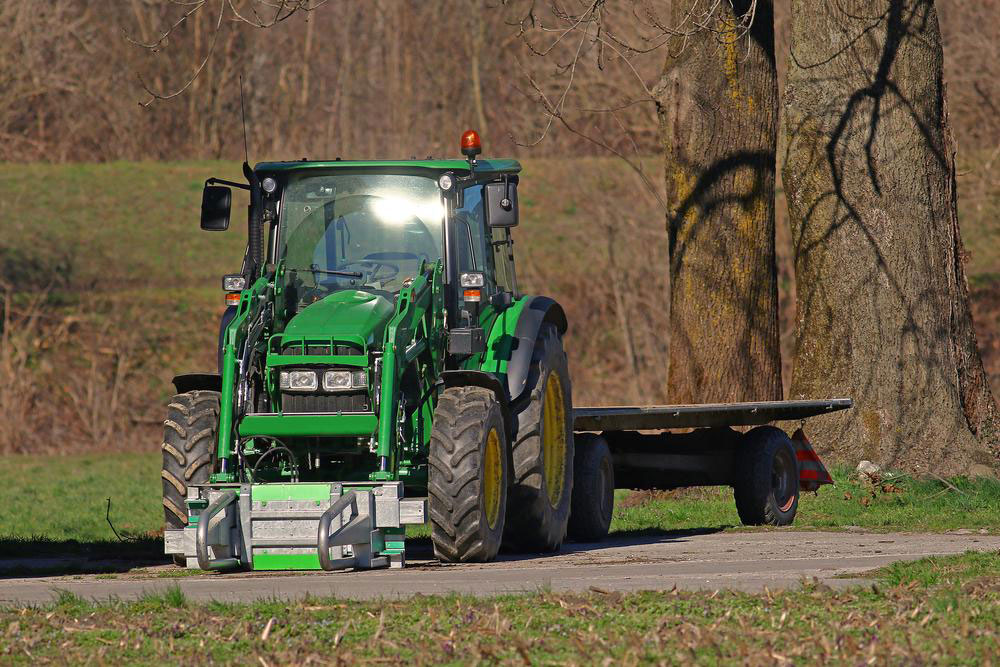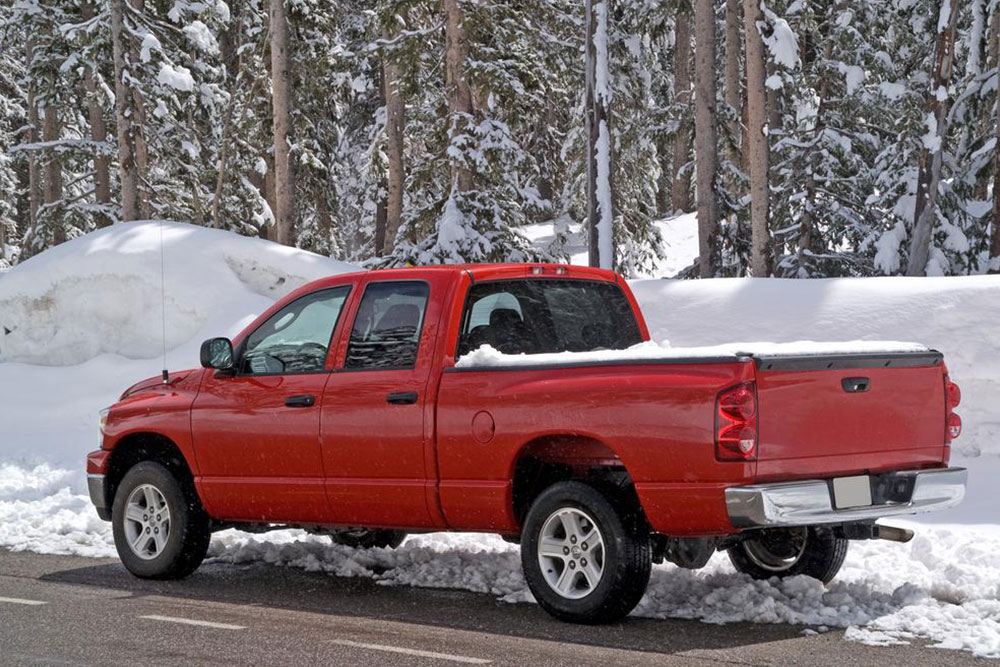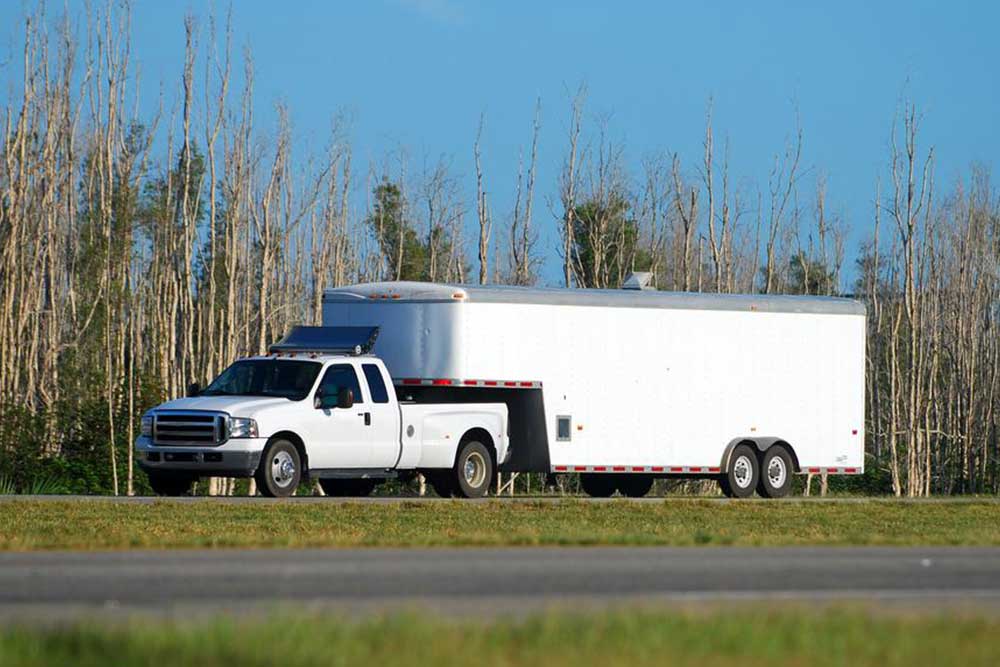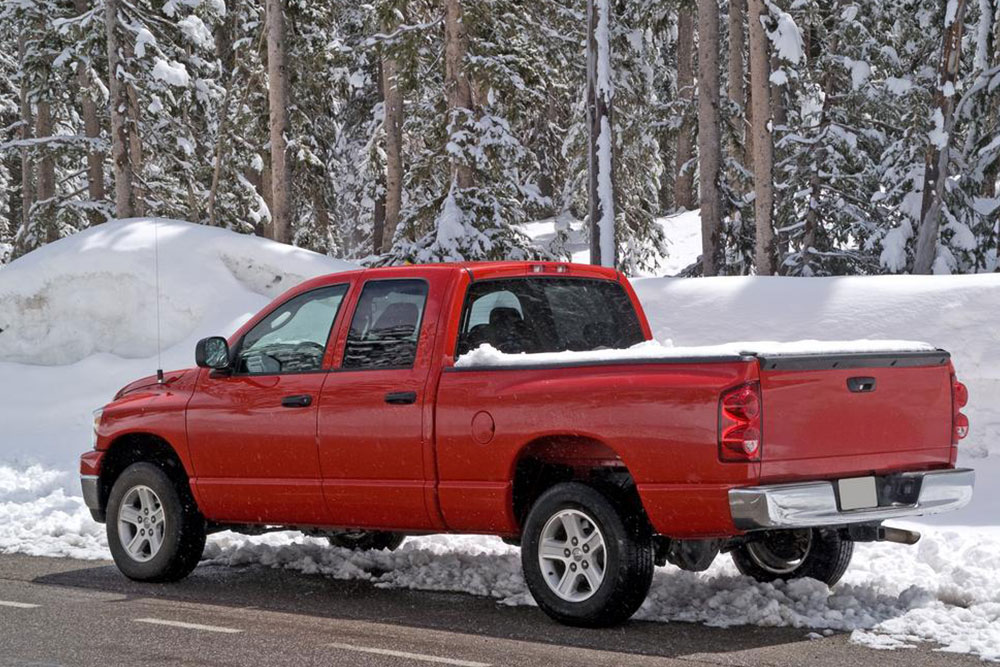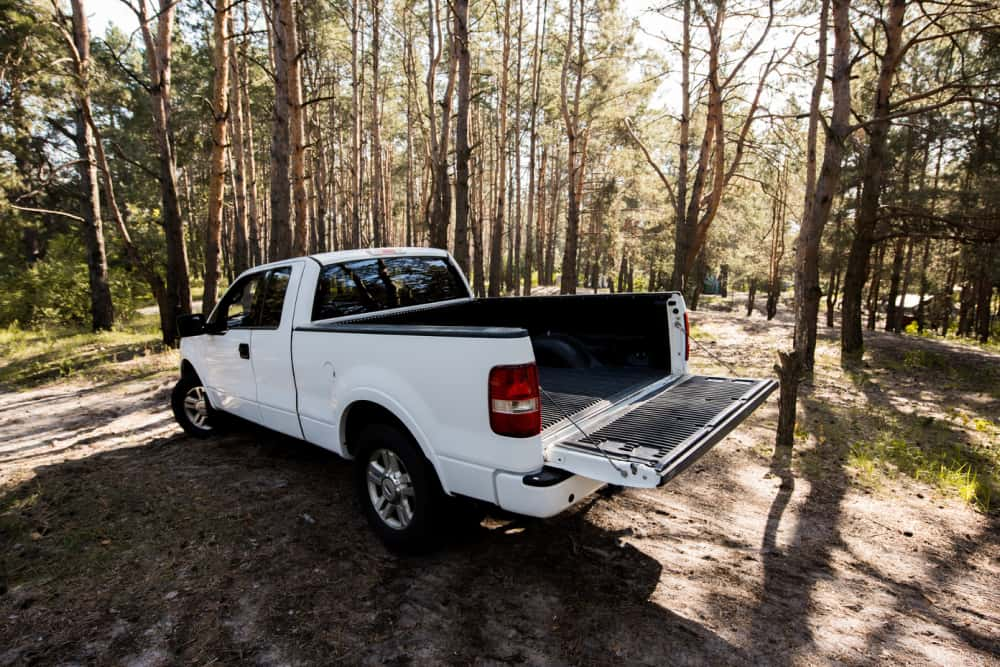Comprehensive Guide to Buying a Used Commercial Truck Tractor: What You Need to Know
This comprehensive guide provides essential tips for purchasing a used commercial truck tractor. From engine performance and axle setup to maintenance history and safety features, learn how to evaluate a vehicle thoroughly. Proper inspection helps you choose a reliable, cost-effective truck suited to your business needs, ensuring longevity and safety. Arm yourself with expert advice to make confident, informed decisions when buying used trucks, reducing risks and maximizing your investment's value.
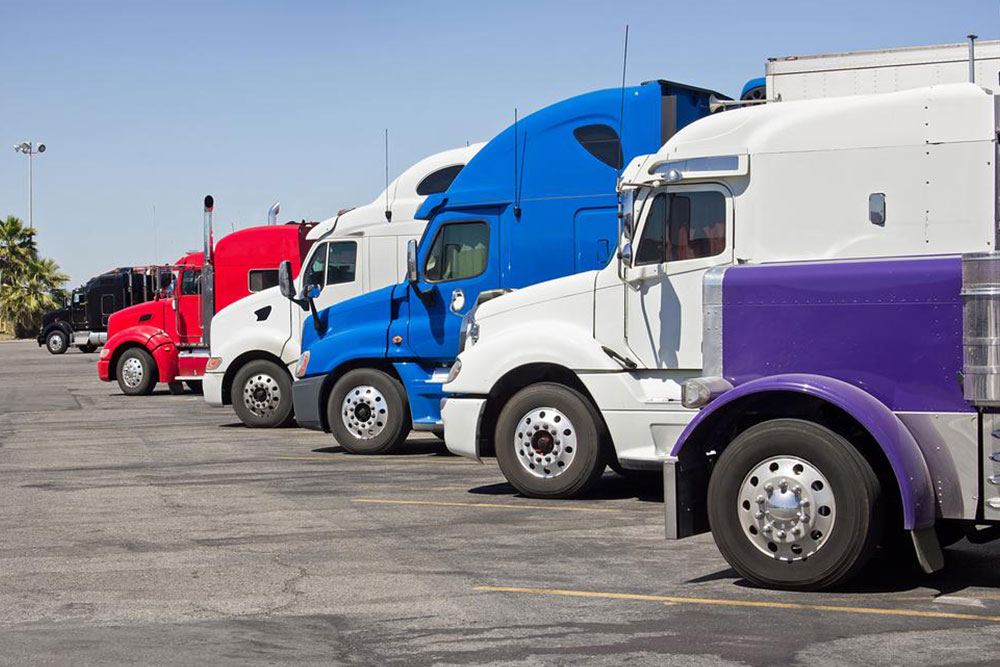
Essential Considerations When Purchasing a Used Truck Tractor
Making the decision to buy a used commercial truck tractor is a significant investment that can greatly impact your business operations. Whether you're expanding your fleet or replacing an aging vehicle, it's crucial to approach this process with careful planning and thorough inspection. Rushing into a purchase without proper evaluation can lead to unforeseen expenses, downtime, and operational inefficiencies. Therefore, understanding the key factors to assess before buying a used truck tractor is essential for ensuring you select a reliable, cost-effective, and high-performing vehicle.
In this guide, we will walk you through the most important aspects to consider, from engine specifications and structural integrity to maintenance history and overall condition. This comprehensive checklist aims to equip you with the knowledge needed to make an informed decision, avoid potential pitfalls, and secure a used truck tractor that aligns with your business needs and budget.
Engine Power, Load Capacity, and Axle Configuration: One of the primary considerations when purchasing a used truck tractor is its engine performance. Verify the horsepower rating and ensure it matches your typical hauling requirements. A truck with insufficient power may struggle under heavy loads, causing delays and increasing fuel consumption. Additionally, examine the axle setup—whether it’s a tandem, tridem, or other configuration—is crucial to support your intended cargo weight. Proper axle configuration ensures stability and safety during transit, especially when handling bulky or heavy freight.
Cab Interior and Comfort: The interior condition of the truck’s cab offers vital clues about its overall maintenance and usage history. Inspect the upholstery, dashboard, seats, and control panels for signs of excessive wear, tears, or damage. Check the odometer reading and compare it with the vehicle's maintenance records to estimate the actual usage. A well-maintained cab ensures driver comfort and safety, which are essential for long-haul operations. Determine if any repairs or upgrades are necessary to enhance ergonomic support or technological features.
Engine Condition and Emissions Compliance: Conduct a comprehensive inspection of the engine, looking for oil leaks, corrosion, or damaged components. Start the engine and listen for unusual noises or irregular idling. Observe the exhaust fumes—excessive smoke could indicate internal issues requiring repairs. Confirm that the engine conforms to current emission standards by reviewing its compliance label or documentation. A compliant engine not only meets regulatory requirements but also contributes to a cleaner environment and operational efficiency.
Brake System and Safety Features: The brakes are critical for safety and vehicle control. Carefully examine brake pads for uneven wear or thickness. Replacing worn pads is an affordable way to maintain safety standards and prevent costly repairs down the line. Test the brake response during a short drive—any unusual stiffness, squealing, or reduced effectiveness warrants further investigation. Additionally, verify the presence and functionality of essential safety features such as ABS, traction control, and electronic stability systems.
Maintenance and Service History: A detailed review of the truck’s maintenance records provides insight into its operational reliability. Regular oil changes, timely repairs, and adherence to service schedules suggest proper upkeep. Look for any recurring issues or major repairs that might indicate underlying problems. When possible, have a qualified mechanic perform an independent inspection to identify potential issues that may not be immediately visible. A well-documented maintenance history can significantly influence your purchasing decision, ensuring you avoid trucks with hidden problems.
By carefully evaluating these factors, you can significantly reduce the risk associated with buying a used commercial truck tractor. Adequate due diligence not only saves money but also guarantees a dependable vehicle that can support your business’s growth and efficiency. Remember, investing time in thorough inspection and research upfront can prevent costly repairs and operational disruptions later. Armed with this knowledge, you are better prepared to identify quality trucks that offer long-term value and performance.
